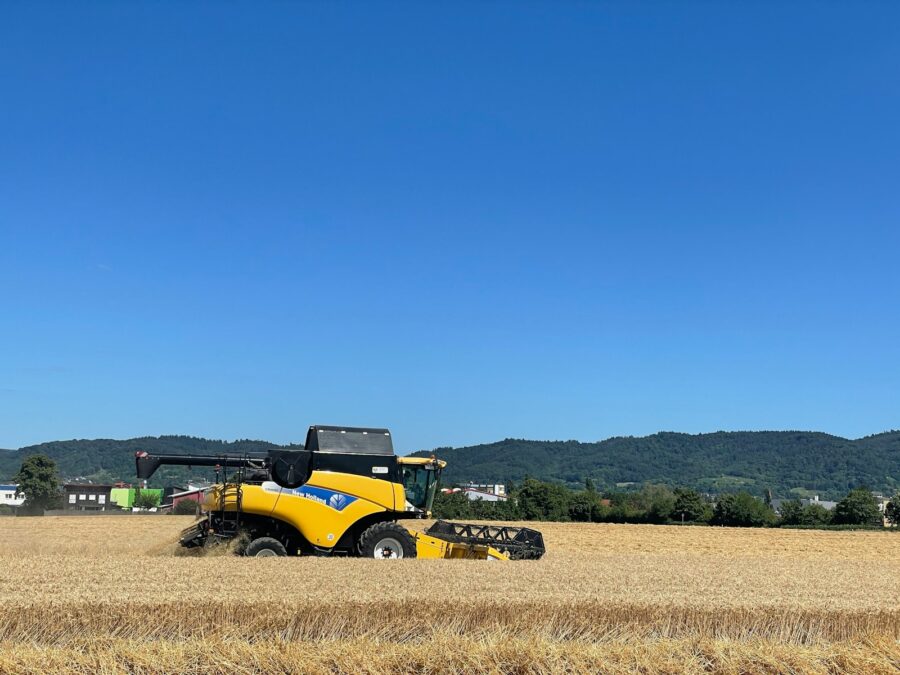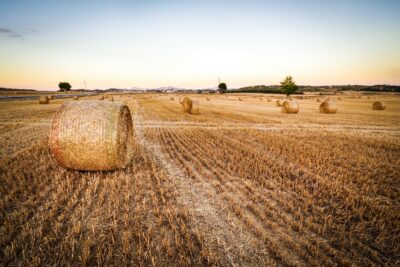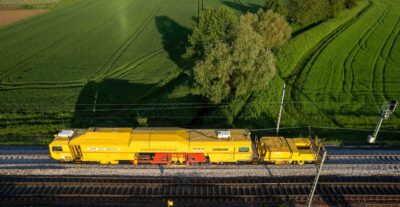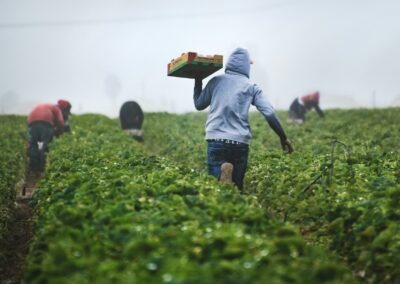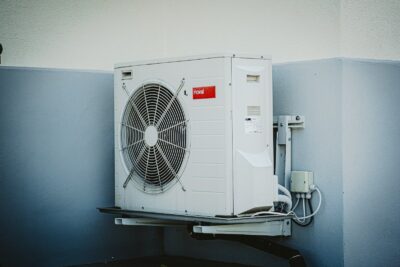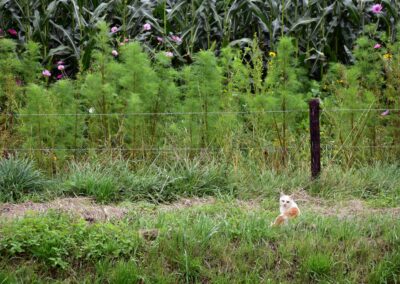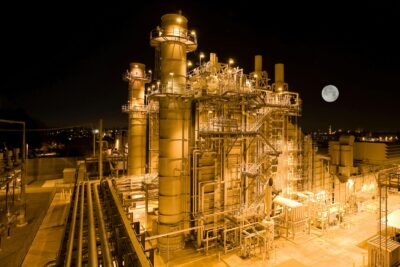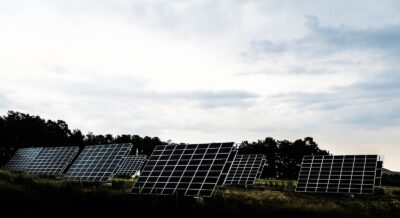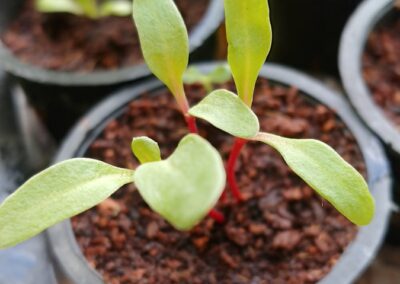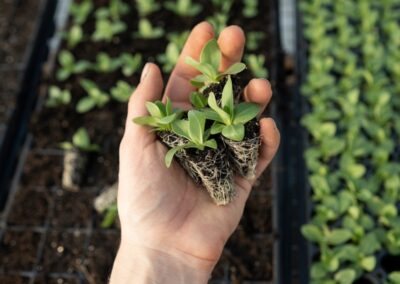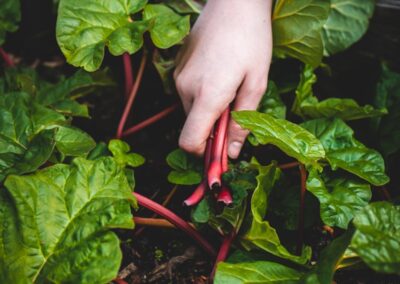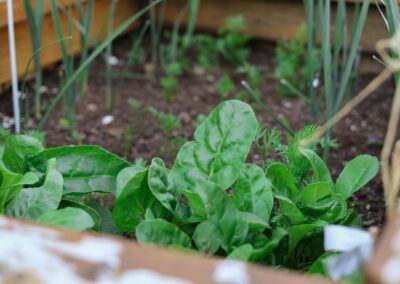The Intersection of Agriculture and Technology in Promoting Environmental Sustainability
The Importance of Sustainable Agriculture Practices
Sustainable agriculture practices are vital for ensuring the long-term health and productivity of our food systems while minimizing environmental impact. In regions like Saudi Arabia and the UAE, where arid climates pose significant challenges to traditional farming methods, the adoption of sustainable practices is crucial for achieving food security and environmental sustainability. By integrating energy-efficient technologies into agriculture, farmers can reduce resource consumption, enhance productivity, and mitigate the effects of climate change.
In Riyadh and Dubai, innovative farming techniques such as hydroponics, vertical farming, and precision agriculture are revolutionizing the way food is grown. These methods rely on advanced technologies to optimize water usage, minimize chemical inputs, and maximize crop yields. For example, in Saudi Arabia’s desert landscape, vertical farming systems powered by renewable energy sources are enabling year-round production of fresh fruits and vegetables. Similarly, in Dubai, rooftop gardens and hydroponic farms are providing locally grown produce to urban populations, reducing the carbon footprint associated with food transportation.
Furthermore, sustainable agriculture practices contribute to biodiversity conservation, soil health, and water conservation. By promoting agroecological approaches such as crop rotation, organic farming, and integrated pest management, farmers can maintain ecosystem balance and reduce reliance on synthetic fertilizers and pesticides. These practices not only benefit the environment but also improve the resilience of agricultural systems to climate change and extreme weather events.
Energy-Efficient Technologies Transforming Farming
Energy-efficient technologies play a central role in sustainable agriculture by reducing energy consumption, lowering production costs, and minimizing greenhouse gas emissions. In Saudi Arabia and the UAE, where water scarcity and high energy demand are significant challenges, the adoption of renewable energy sources such as solar power and wind energy is gaining momentum. Solar-powered irrigation systems, for instance, enable farmers to pump water more efficiently, reducing reliance on fossil fuels and grid electricity.
Moreover, advancements in precision agriculture, IoT sensors, and AI-driven analytics are enabling farmers to optimize resource management and improve crop yields. In Riyadh’s agricultural sector, AI algorithms analyze data from soil sensors, weather stations, and drones to provide real-time insights into crop health and water requirements. This data-driven approach allows farmers to make informed decisions, minimize waste, and maximize productivity, contributing to both economic viability and environmental sustainability.
Additionally, the use of biodegradable materials, smart irrigation systems, and energy-efficient equipment further enhances the sustainability of agricultural operations. By adopting circular economy principles and eco-friendly practices, farmers can reduce their environmental footprint and contribute to the transition towards a more sustainable food system. In the context of Saudi Arabia and the UAE, where food security is a top priority, investing in energy-efficient technologies is essential for ensuring the resilience and long-term viability of agricultural production.
Empowering Farmers for a Sustainable Future
Empowering farmers with the knowledge and tools to adopt sustainable agriculture practices is essential for driving positive change in the food industry. In Saudi Arabia and the UAE, government initiatives, research institutions, and agricultural extension services play a crucial role in promoting innovation and knowledge exchange among farmers. By providing training programs, technical support, and financial incentives, policymakers can incentivize the adoption of energy-efficient technologies and sustainable farming practices.
Furthermore, public-private partnerships and collaboration with technology providers facilitate the widespread adoption of sustainable agriculture solutions. In Riyadh and Dubai, initiatives like the Green Riyadh and Smart Dubai projects aim to integrate sustainability principles into urban planning and development, including agriculture. By fostering collaboration between government agencies, research institutions, and private sector companies, these projects drive innovation and promote the adoption of sustainable practices across the agricultural value chain.
For business executives, mid-level managers, and entrepreneurs, investing in sustainable agriculture offers significant opportunities for growth and impact. Whether through the development of innovative technologies, provision of advisory services, or establishment of sustainable supply chains, there are various avenues for businesses to contribute to the transition towards a more sustainable food system. By aligning economic incentives with environmental objectives, stakeholders can work together to create a more resilient, equitable, and sustainable future for agriculture in Saudi Arabia, the UAE, and beyond.
Conclusion: Paving the Way for Sustainable Agriculture
Sustainable agriculture practices and energy-efficient technologies are essential for ensuring the resilience, productivity, and environmental sustainability of our food systems. In Saudi Arabia and the UAE, where the agricultural sector faces unique challenges, innovation and investment in sustainable agriculture are critical for achieving food security and mitigating climate change. By harnessing the power of technology, empowering farmers, and fostering collaboration between stakeholders, we can pave the way for a more sustainable future in agriculture.
Investing in sustainable agriculture not only benefits the environment but also creates economic opportunities and enhances food security. By leveraging energy-efficient technologies and adopting eco-friendly practices, farmers can reduce their operational costs, increase their resilience to climate change, and contribute to the preservation of natural resources. Additionally, sustainable agriculture promotes innovation, job creation, and community development, driving economic growth and social progress.
As we look towards the future, it is imperative that we prioritize sustainability in agriculture and embrace the potential of energy-efficient technologies. By working together to implement sustainable practices, we can build a more resilient, equitable, and prosperous food system for generations to come.
In conclusion, sustainable agriculture practices, powered by energy-efficient technologies, are essential for addressing the challenges of food security, environmental sustainability, and economic development. Through collaboration, innovation, and investment, we can create a brighter future for agriculture in Saudi Arabia, the UAE, and beyond. Let us seize this opportunity to cultivate a more sustainable and prosperous world for all.
#SustainableAgriculture #EnergyEfficient #AgriTech #GreenTech #FoodSecurity #EnvironmentalSustainability #EconomicDevelopment #Innovation #Collaboration #FutureOfAgriculture #Sustainability #Farmers #Technology #ClimateChange #CommunityDevelopment

